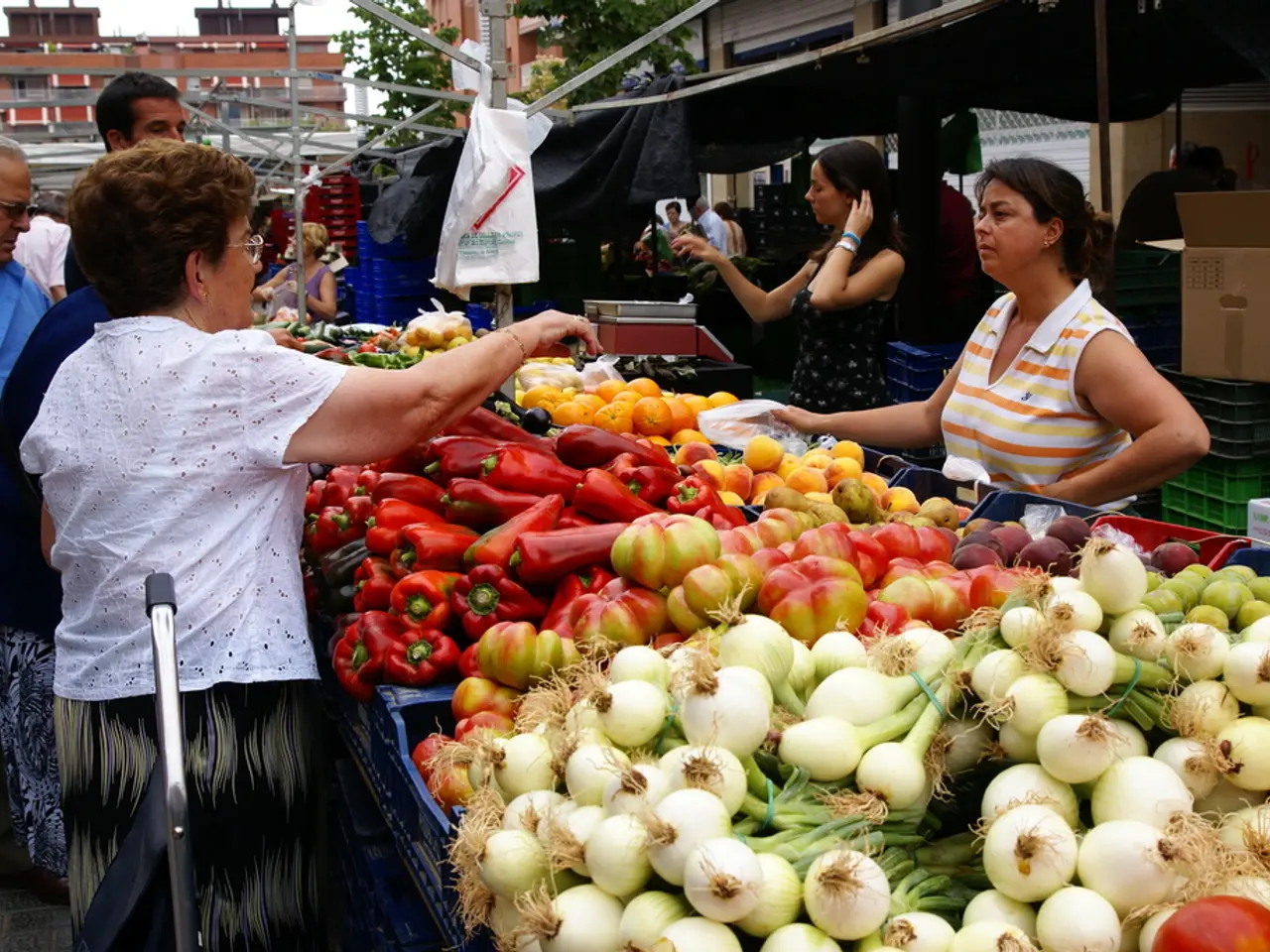Strategies for Minimizing Plastic Use: 5 Tips for a More Eco-friendly Garden
In the pursuit of a greener and healthier planet, it's essential to consider the impact of our actions, even in our gardens. The use of plastic in gardens can be harmful to soil, wildlife, ocean life, and human life. Here's how we can make a difference by adopting sustainable gardening habits.
Reducing plastic in the garden is more than just a small step; it's a matter of creating a plastic-free landscape. Refusing to bring plastic sheets into the garden and using natural, sustainable mulch is a great starting point. Organic mulches, such as straw, compost, pine bark, cedar mulch, pine straw, cardboard layers covered with organic materials, living mulches (cover crops), and biodegradable mulch films made from bio-based or compostable polymers are all viable alternatives. These options not only reduce soil microplastic pollution but also improve soil health by enhancing microbial activity and organic matter.
When it comes to plant pots, biodegradable seedling tubes and pots made from cellulose-based materials, crop residues, or compostable bioplastics are preferable to conventional plastic pots. These materials break down safely in soil and avoid plastic waste accumulation.
In terms of gardening tools, choosing tools made from durable, natural materials like wood, bamboo, or metal is a better choice. These tools are long-lasting, recyclable, and offer a reduced environmental impact compared to cheap plastic versions that break easily and contribute to waste.
To summarise, the sustainable alternatives for mulch, plant pots/tubes, and gardening tools are as follows:
| Garden Item | Sustainable Alternatives | |-------------------|----------------------------------------------------------------------------------------------------------------------------| | Mulch | Organic mulches (straw, compost, pine bark), cardboard layers, living mulches, biodegradable mulch films | | Plant pots/tubes | Biodegradable cellulose-based pots, compostable bioplastics, crop residue-based seedling tubes | | Gardening tools | Tools with wooden, bamboo, metal, or stainless steel parts instead of plastic |
Incorporating these alternatives supports weed control, soil moisture retention, and nutrient cycling while significantly reducing plastic waste and pollution risks in gardening.
Plastic pollution is pervasive in agricultural soils, threatening our health and the Earth's health. Plastics on the land and in the ocean disintegrate into microplastics that are found around the globe now. Recycling old wood, such as drawers from a dresser or wooden doors, is a practical solution for constructing raised beds.
The article emphasises the need for plastic awareness in gardening to protect the earth, environment, and food sources. Other ways to reduce plastic use include sharing gardening tools with neighbours, avoiding plastic plant pots by shopping at stores that allow recycling or use pots made from paper, coir, or other plantable containers, and purchasing eco-friendly metal raised beds.
Lastly, making homemade fertiliser can help reduce the use of plastic containers in the garden. The article, however, does not provide information on the best plastics to use in the garden. By making these changes, we can create healthier, more sustainable gardens that contribute to a greener world.
Adopting sustainable alternatives in gardening can contribute significantly to a healthier planet. By using organic mulches, biodegradable plant pots/tubes, and tools made from natural materials, we can support weed control, soil moisture retention, and nutrient cycling while reducing plastic waste and pollution risks. Furthermore, creating homemade fertiliser helps reduce the use of plastic containers in the garden, contributing to a more sustainable lifestyle in home-and-garden practices.




